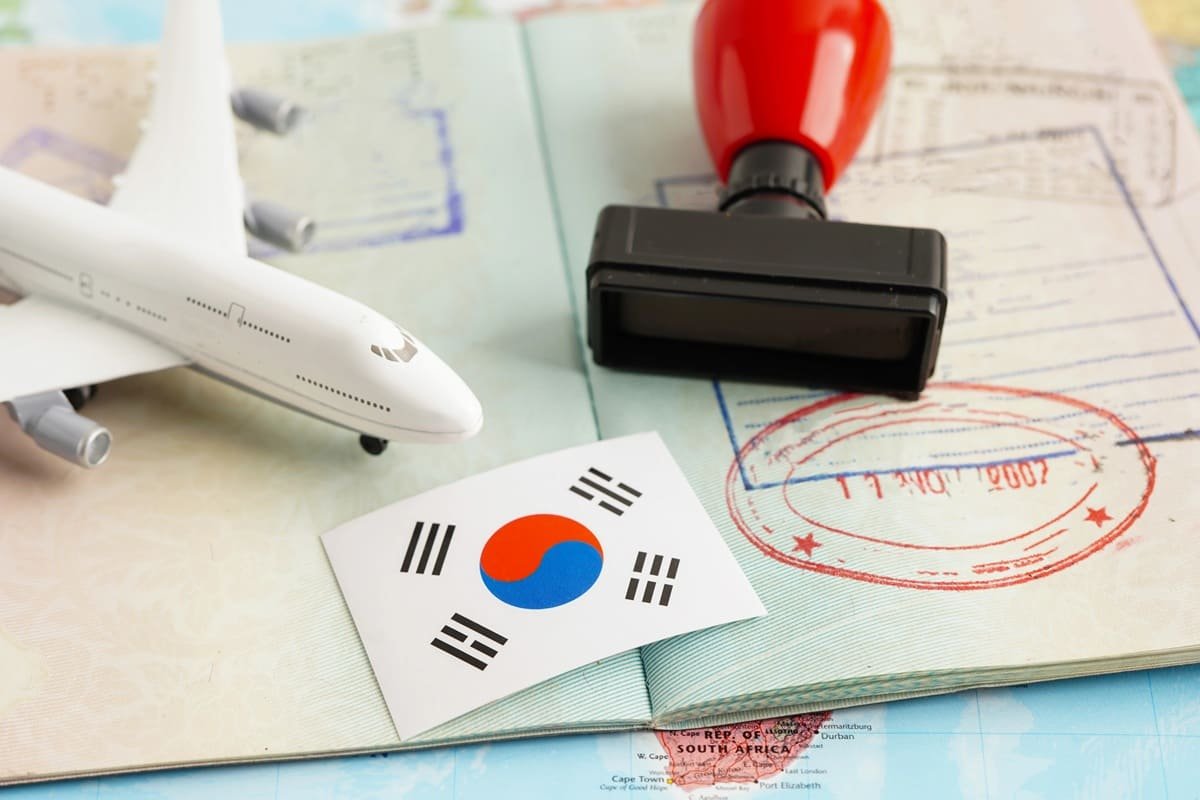In September 2021, South Korea introduced the Korea Electronic Travel Authorization (K-ETA), a mandatory electronic travel permit for visitors from visa-exempt countries.
However, in an effort to boost international arrivals, Seoul suspended this requirement in 2023 for many nationalities, including key tourism markets such as Europe and North America.
This exemption, renewed late last year through December 31, 2025, allows eligible travelers to continue entering South Korea without applying for a K-ETA in advance, while still giving them the option to request one voluntarily to enjoy benefits such as being exempt from filling out an arrival card.
That convenience has just been confirmed for another year, bringing continued relief to international visitors.
K-ETA waiver extended through December 2026
During the 10th National Tourism Strategy Meeting, chaired by Prime Minister Kim Min-seok and attended by multiple ministries, the South Korean government announced that the K-ETA exemption will be extended until the end of next year.
“The temporary suspension of the Korea Electronic Travel Authorization (K-ETA) system, which was scheduled to end this year, will be extended for one more year, through December 2026,” the government stated in a press release following the meeting.
The government has also mentioned the creation, starting in 2026, of a tourist pass reserved for foreign visitors, which will combine transportation tickets and access to cultural and leisure sites.
At the session, officials reaffirmed an ambitious goal: to attract 30 million international tourists by 2030. Their strategy focuses on promoting Korean culture (K-culture), diversifying tourist destinations beyond Seoul, and strengthening regional appeal.
67 countries currently exempt from K-ETA
While the announcement sets a clear direction, it will still require formal administrative publication before becoming fully effective. Adjustments could still be made at that stage, including updates to the list of nationalities covered by the exemption.
Currently, citizens of the following 67 countries and territories are eligible for K-ETA-free travel to South Korea:
| Africa | South Africa |
| America | Canada, Chile, Colombia, Mexico, United States |
| Asia | Brunei, Hong Kong, Japan, Macao, Singapore, Taiwan |
| Europe | Austria, Belgium, Bulgaria, Croatia, Cyprus, Czech Republic, Denmark, Estonia, Finland, France, Germany, Greece, Hungary, Iceland, Ireland, Italy, Latvia, Liechtenstein, Lithuania, Luxembourg, Malta, Monaco, Netherlands, Norway, Poland, Portugal, Romania, San Marino, Slovakia, Slovenia, Spain, Sweden, Switzerland, United Kingdom, Vatican |
| Middle East | Bahrain, Israel, Kuwait, Oman, Qatar, Saudi Arabia, United Arab Emirates |
| Oceania | Australia, Fiji, Kiribati, Marshall Islands, Micronesia, Nauru, New Caledonia, New Zealand, Palau, Samoa, Solomon Islands, Tonga, Tuvalu |
K-ETA holders exempt from e-Arrival Card
Alongside the K-ETA waiver extension, authorities are advancing digital arrival procedures.
Since February 2025, travelers have been able to complete their entry declaration form, the “e-Arrival Card”, online at www.e-arrivalcard.go.kr up to three days before arriving in South Korea.
This solution, designed to reduce queues at the airport, currently coexists with paper declarations. Both formats will be accepted until December 2025, before the digital system becomes mandatory from 2026.
Certain groups remain exempt from submitting the e-Arrival Card, including:
- Registered residents in Korea (including permanent residents, those who reported their domestic residence)
- Foreign national holding a valid K-ETA
- Group tourists (C-3-2) : group tourist e-visa holders from China·Vietnam·Philippines·Indonesia, and group tourist visa holders from India·Cambodia (issued by overseas diplomatic missions)
- Visa-free entry for transfer passenger (B-2, 15D) : Jeju transfer Chinese group tourists, Chinese group tourists with Japanese group visa, Chinese students’ field trip group
- Airline crew members, etc.







Does a Tunisian under 18 travelling with it’s school to Seoul, need a K-ETA, Travel date from Nov 23rd to Dec 03rd 2025